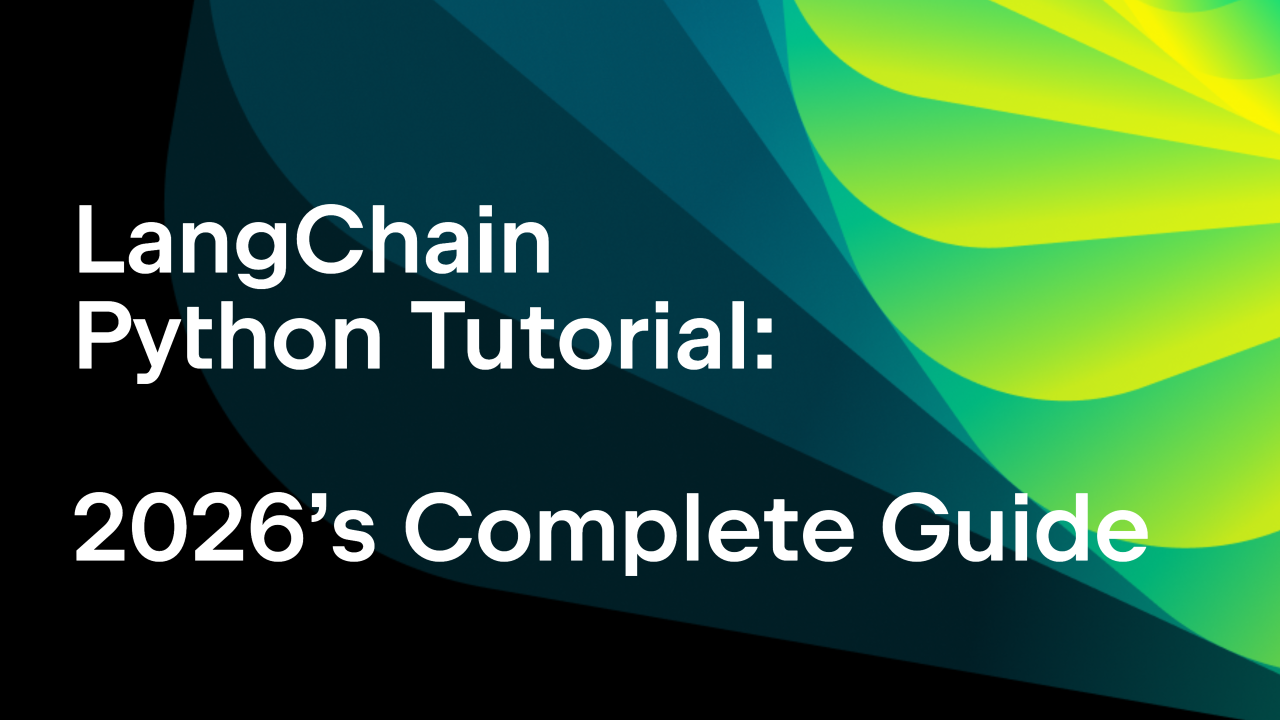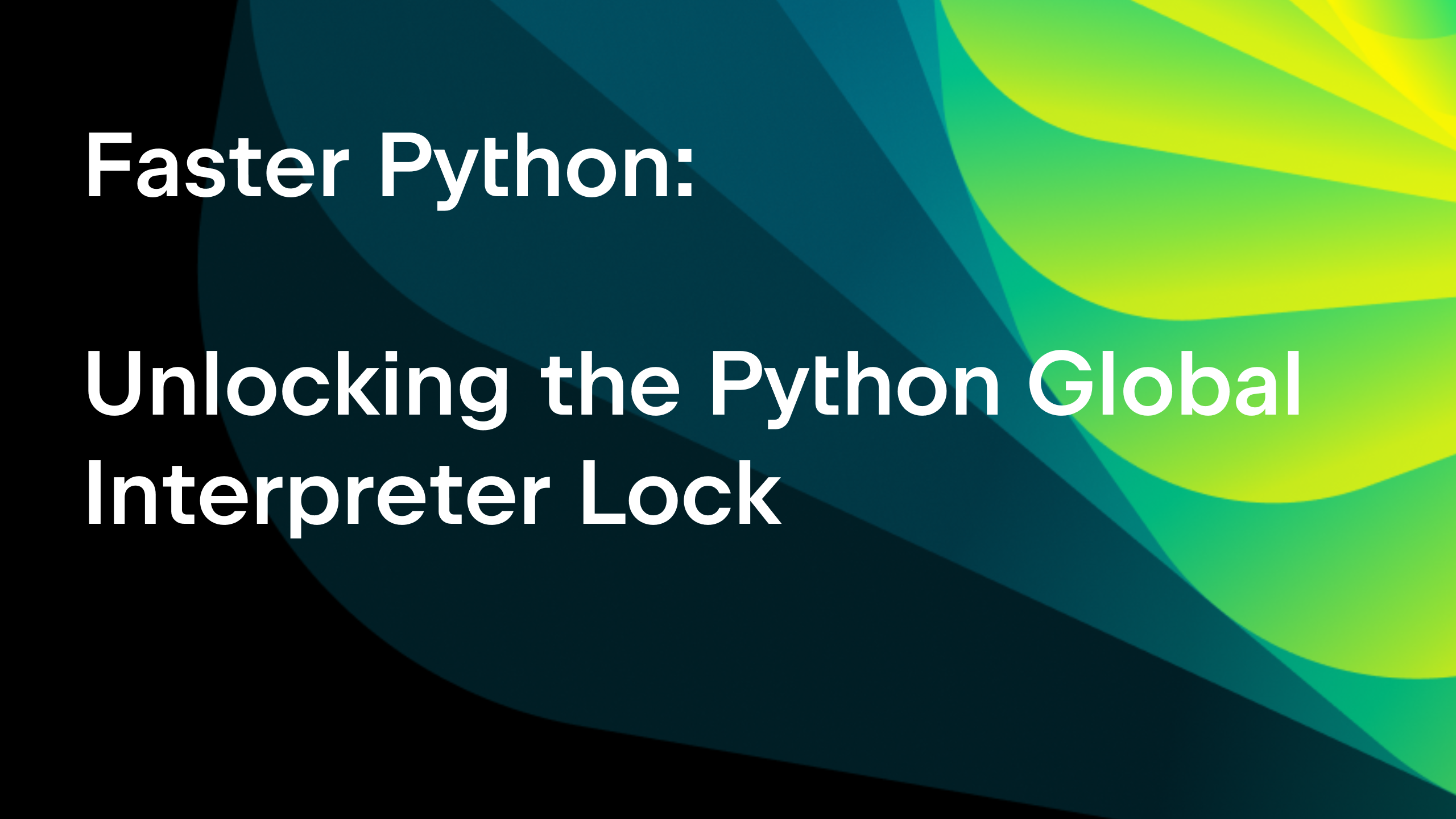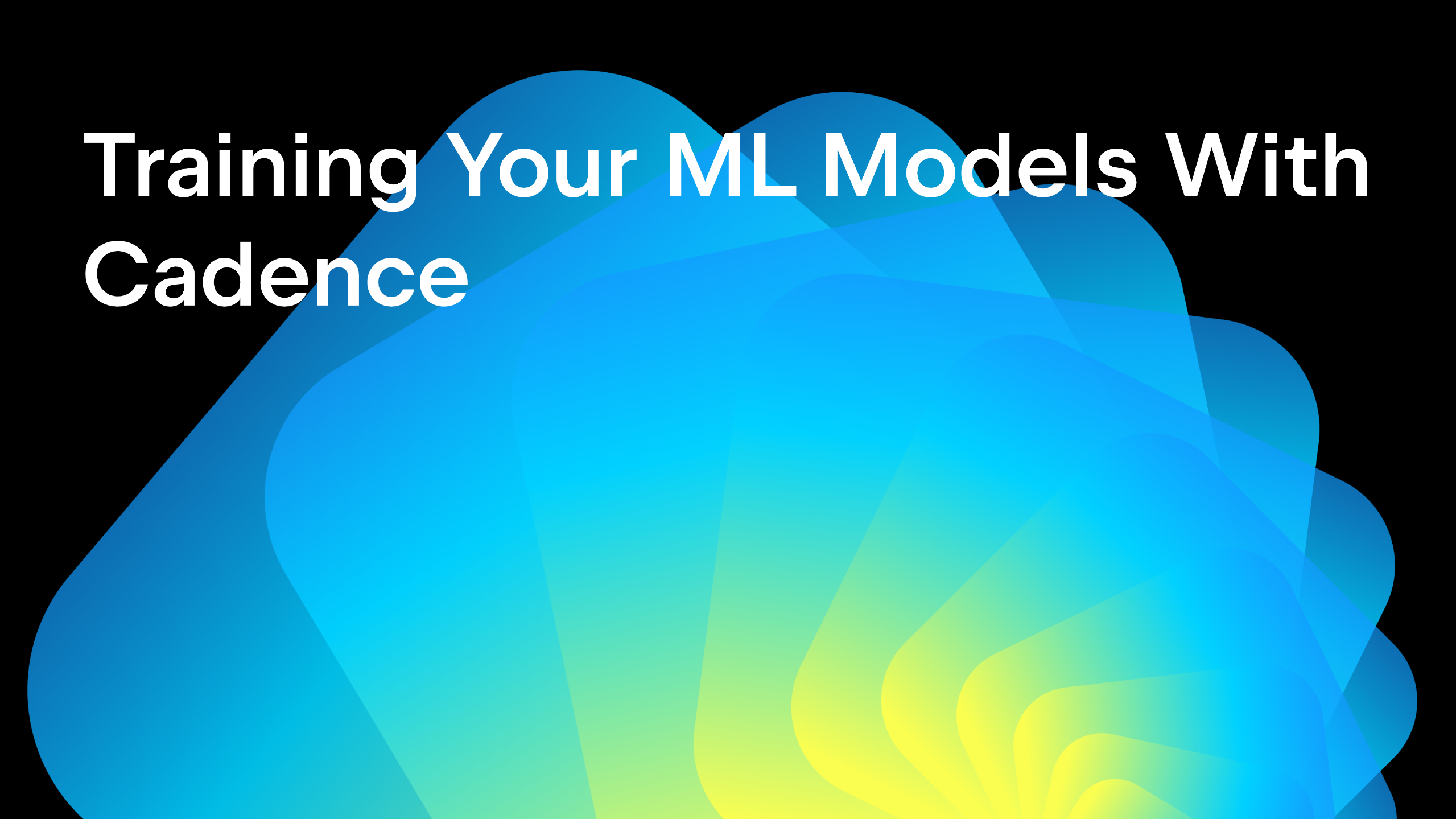Build Django Apps on Google Cloud With PyCharm and Cloud Code
In this tutorial, you’ll learn how to build and run your applications both in a local Kubernetes cluster (Docker Desktop or Minikube) and remotely in Google Kubernetes Engine using Cloud Code and PyCharm Professional. This will allow you to focus on coding, with the Google Cloud Code plugin taking care of the rest.
The tutorial will cover the following topics:
- Introduction to remote development: You’ll learn how to set up your development environment and connect to a remote server using PyCharm.
- Installing the GCloud CLI & SDK: You’ll learn how to install the Google Cloud CLI and SDK, which are essential tools for managing and deploying applications on Google Cloud.
- Creating a new project in PyCharm using the Cloud Code plugin: You’ll learn how to use the Cloud Code plugin for PyCharm to create a new Django project and connect it to your Google Cloud project.
- Writing REST APIs using the Django REST framework: You’ll learn how to use the Django REST framework to create REST APIs that can be used to interact with your data.
- Setting up and running apps in Google Kubernetes Engine (GKE): You’ll learn how to deploy your Django REST API to Google Kubernetes Engine (GKE), which is a managed Kubernetes service that makes it easy to deploy and scale containerized applications.
If you prefer to read text instead of watching videos, here you can find a text version of this tutorial.
If you are a Python or Django developer who wants to improve their developer productivity, then you should definitely check out PyCharm and Cloud Code.
Here are links to the resources you’ll need:
- Cloud Code for PyCharm: https://plugins.jetbrains.com/plugin/8079-cloud-code
- Google Cloud Platform Console: https://console.cloud.google.com/
- PyCharm Professional: https://www.jetbrains.com/pycharm/web-development/django/
I hope this blog post has helped you to learn more about PyCharm and Cloud Code. If you have any questions, please feel free to leave a comment below.
Subscribe to PyCharm Blog updates








